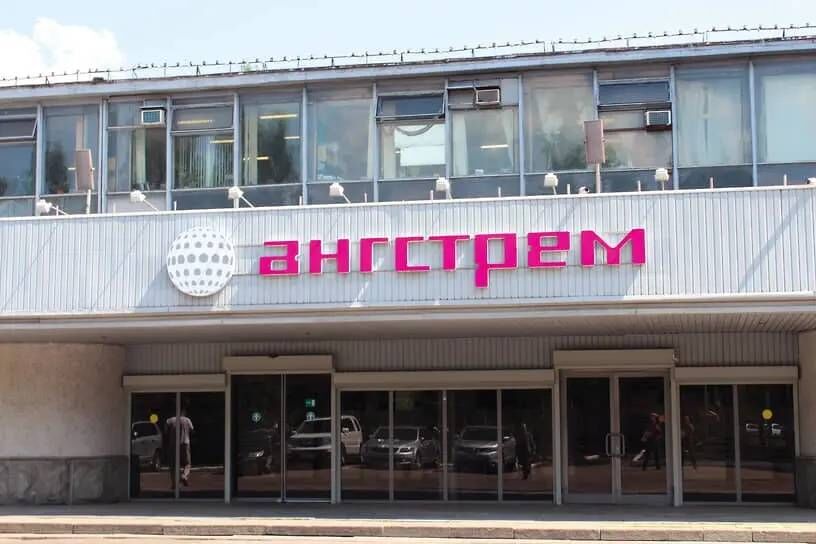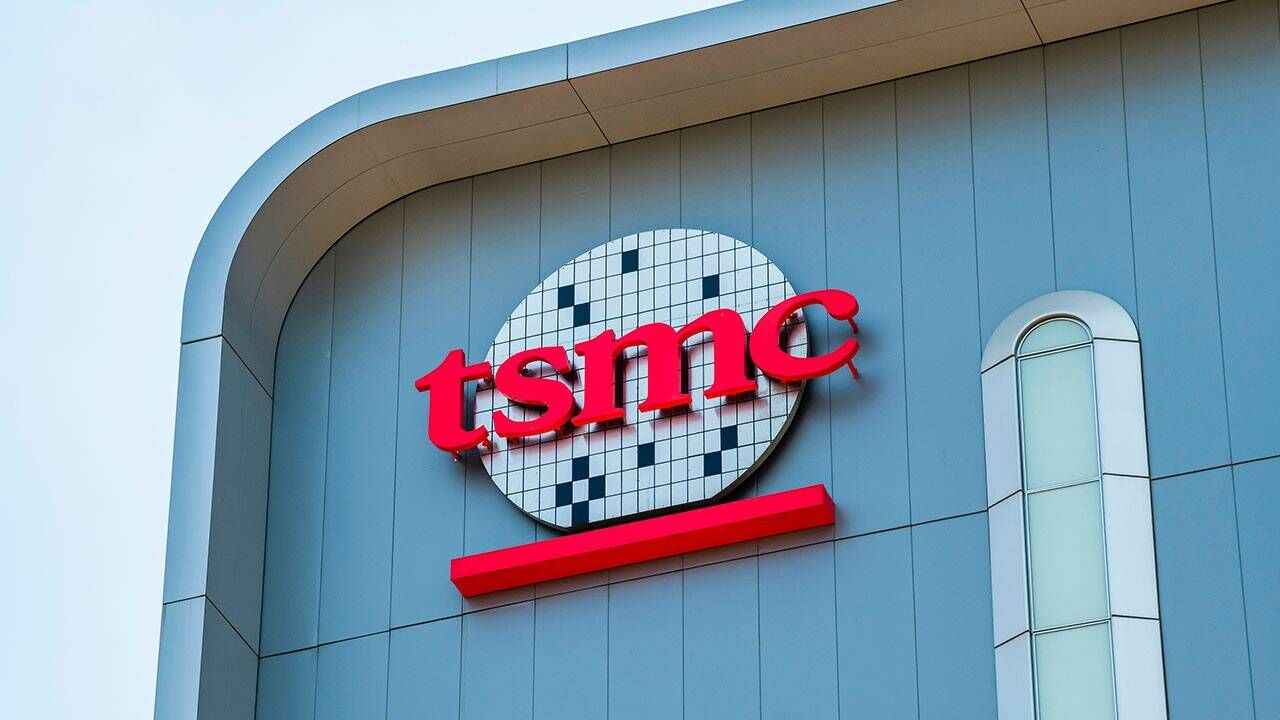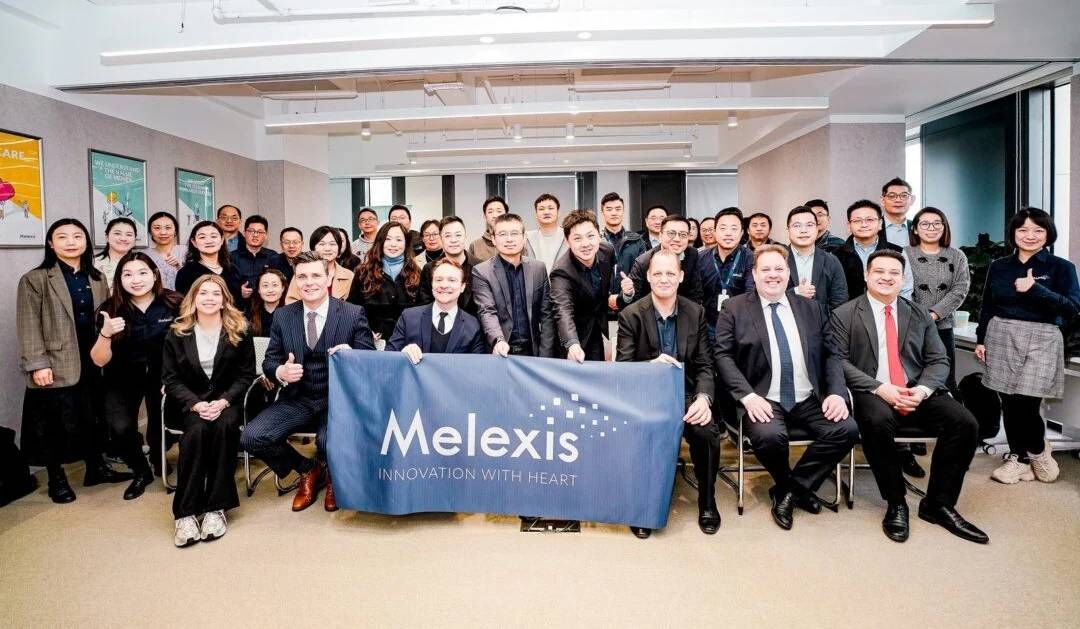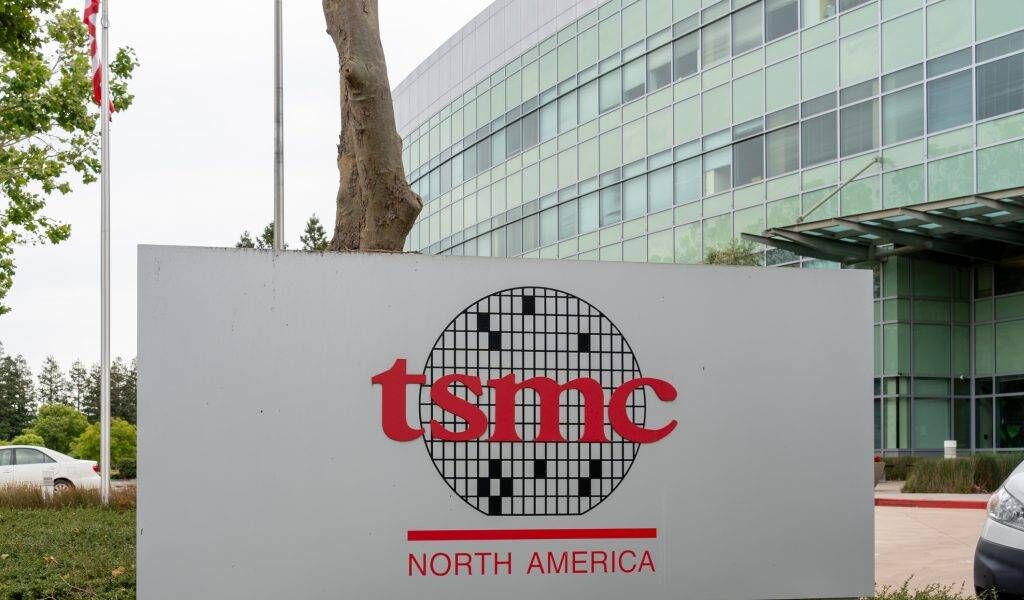December 18, 2024 /SemiMedia/ — In December 2024, Angstrom-T, one of Russia's largest chipmakers, declared bankruptcy after a court ruling due to its inability to repay $9.9 million (approximately 72 million RMB) in debts.
Angstrom-T was established as part of Russia's initiative to develop competitive microchip production for export to Europe and other regions, as well as to meet domestic market demand. The plant, located in Zelenograd—often referred to as Russia's "Silicon Valley"—began construction in 2007 under the leadership of former Communications Minister Leonid Reiman.
To achieve its ambitious goals, Angstrom-T secured $1 billion in government funding and received an €815 million credit line from Vnesheconombank (VEB) for the development of processors, smart cards, and e-passports. The company also signed a €150 million contract with M+W Germany GmbH, tasked with constructing and commissioning the factory by the end of 2008 to produce 130nm to 90nm chips.
Initially part of the Angstrom Group and Angstrom-M Design Center, the plant was transferred to Cyprus-based offshore company Runica Investments after receiving loans from VEB. However, due to worsening financial conditions, the company was unable to repay its debts and sank further into crisis year after year. In January 2019, Vnesheconombank seized all of the plant's equipment and shares, filing for bankruptcy.
Angstrom-T was then placed under the management of Rostec, a state-owned defense company, to maintain minimal chip production capacity and attempt to create import-substitute products. However, limited demand in Russia's domestic market hindered rapid growth.
Notably, in addition to financial troubles, Angstrom-T has been subject to U.S. sanctions since 2022 due to its involvement in producing military navigation systems. Canada, Japan, Switzerland, and Ukraine have also imposed sanctions. Reports have indicated that Russia, under sanctions, has been purchasing equipment for microelectronics production through alternative channels.
Despite the Russian government's push for import substitution before the Ukraine conflict, the country's defense industry remains heavily reliant on Western-made machinery and equipment.












All Comments (0)